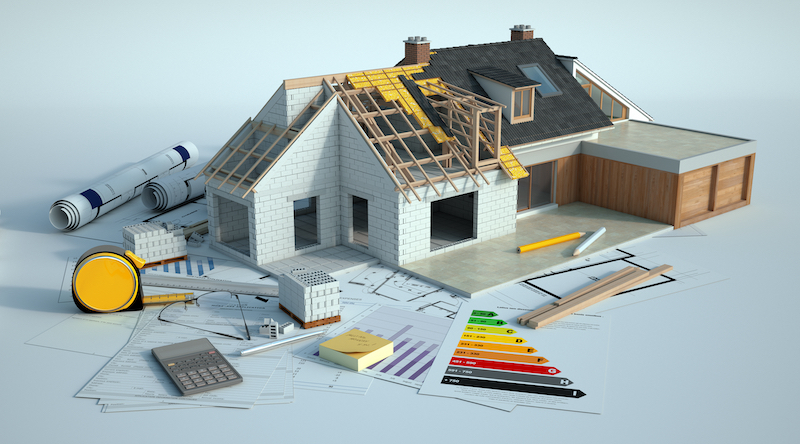
When it comes to sustainability, making buildings more energy efficient is high on the world’s to-do list. The canton of Fribourg grabbed the proverbial bull by the horns and established its own Center of Expertise for Building Renovation (CCRB) to help the construction industry, a major driver of the cantonal economy, to make the move to greener building techniques and solutions.
“Our aim is to persuade private and public owners of the need to renovate their properties under favorable terms and in line with current statutory requirements“, as project coordinator Blaise Clerc explains. “The role of the CCRB is to act as a facilitator between partners as well as serve as a point of contact for anyone interested or involved in building renovation. We also want to be a hub for professionals when it comes to exploring and applying new implementation strategies and business models.”
The stakes are high because renovations can advance both economic and sustainable development. The refurbishment and retrofitting of existing property could potentially outstrip new builds in the future. At the same time, technologies are constantly evolving and the industry is suffering from a shortage of qualified workers. It is therefore vital that the general public, the authorities and professionals have access to the tools and skills needed to build greener. According to Clerc, CCRB services will include personalized consulting, roadshows, webinars, drop-in advice sessions, guidance on renovation projects, training courses and a hotline.
Fostering industry-university collaboration
One of the CCRB’s partners is the Building Innovation Cluster (BIC). Its mission is to boost innovation in the construction sector by fostering closer ties between the industry and academia, and to promote the development of competitive and collaborative projects. Sustainable funding, innovative renovation solutions and digitalization are key strategic priorities for the cluster. Fortunately for BIC, it can count on the valuable and high-caliber input of the Smart Living Lab and the Fribourg School of Engineering and Architecture.
